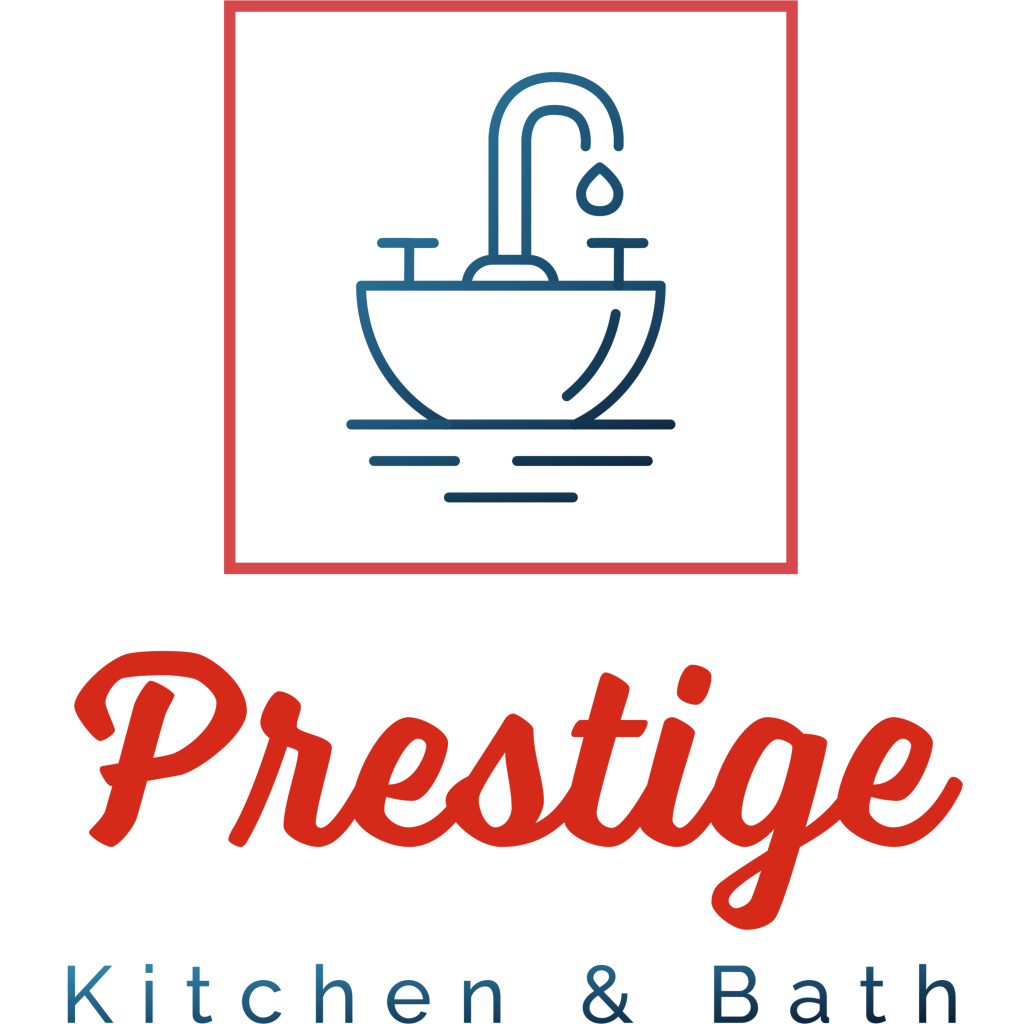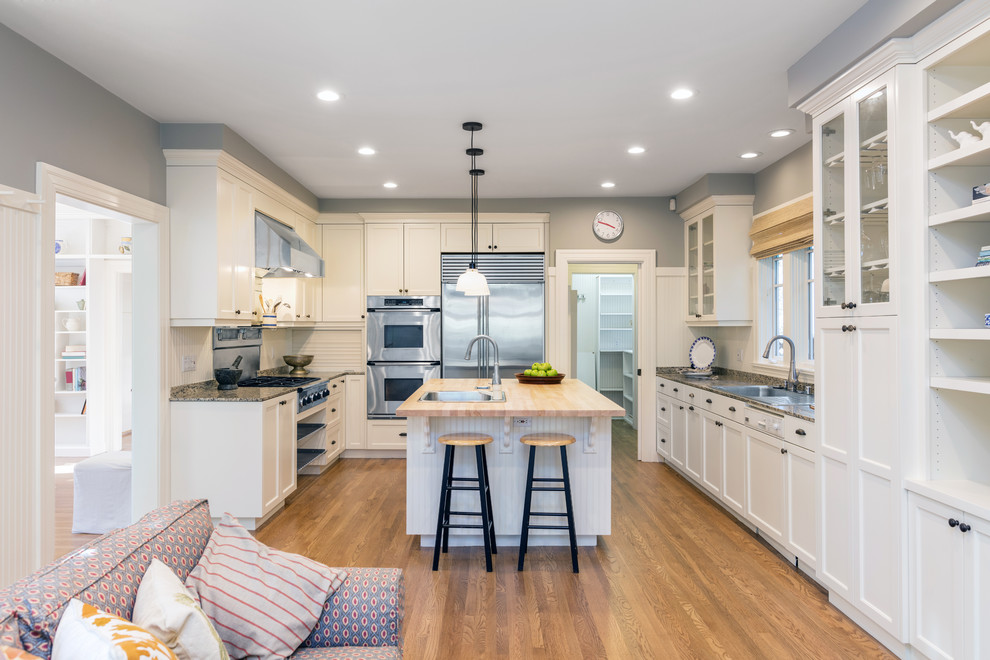Your kitchen is more than just a space for cooking—it’s the heart of your home, where family and friends gather, share meals, and create lasting memories. Over time, however, even the most well-maintained kitchens can start to show signs of wear and tear or feel outdated. Investing in a kitchen remodel not only improves aesthetics and functionality but can also add significant value to your property. Let’s explore when it’s the right time to remodel your kitchen and why this investment is one of the smartest choices for homeowners.
When to Consider Kitchen Remodeling
1. Your Kitchen Feels Outdated
If your kitchen still has old cabinets, worn-out countertops, or outdated appliances, it’s a clear sign that a remodel is due. Modern kitchen design focuses on efficiency, aesthetics, and sustainability. Newer materials, fixtures, and smart technologies can completely transform the space—making it more appealing and functional.
2. Poor Layout and Inefficient Space
A cramped kitchen layout can make even simple cooking tasks frustrating. If you’re constantly bumping into appliances or lack sufficient counter space, it’s time to rethink your design. Remodeling allows you to open up the space, improve flow, and create a layout that matches your daily routines. Whether you opt for an island addition or a complete reconfiguration, a better layout makes cooking and entertaining much more enjoyable.
3. Worn-Out Cabinets and Surfaces
Cabinets are one of the first things people notice in a kitchen. When doors no longer close properly, paint is chipping, or the wood looks dull, replacement or refacing can breathe new life into your space. Similarly, scratched or stained countertops can be upgraded to durable materials like quartz or granite for a clean, modern look.
4. Energy Efficiency Issues
Old appliances and poor lighting can increase energy bills. A remodel is an opportunity to install energy-efficient appliances, LED lighting, and eco-friendly fixtures. Not only do these upgrades save money in the long run, but they also contribute to a greener home environment.
5. Planning to Sell Your Home
A beautifully remodeled kitchen can significantly increase your home’s resale value. Real estate experts agree that buyers are willing to pay more for homes with modern, updated kitchens. Even minor upgrades like new cabinets, backsplash, and countertops can deliver an excellent return on investment.
Why You Should Invest in Kitchen Remodeling
1. Enhanced Functionality and Comfort
One of the greatest benefits of kitchen remodeling is the opportunity to make your space work better for you. You can add storage, expand counter space, or integrate custom cabinetry that fits your lifestyle. Consider adding a breakfast bar, built-in pantry, or soft-close drawers—small touches that enhance comfort and convenience.
2. Improved Home Value
According to home improvement studies, kitchen remodels consistently rank among the top projects with the highest ROI (return on investment). Even a mid-range renovation can yield a 60–80% return when selling your home. Buyers see a remodeled kitchen as a sign that the property has been well cared for, making your home more appealing in the market.
3. Aesthetics and Personalization
A remodel lets you design your kitchen according to your personal style. Whether you love a sleek modern look, rustic farmhouse charm, or timeless traditional design, you can choose finishes, colors, and layouts that reflect your personality. From custom cabinets to elegant lighting fixtures, every detail can be tailored to create your dream kitchen.
4. Increased Safety and Better Health
Older kitchens may have outdated wiring, leaky faucets, or damaged flooring that can pose safety risks. Remodeling allows you to replace old systems, improve ventilation, and add slip-resistant flooring. Additionally, better air circulation and proper lighting contribute to a healthier environment for cooking and dining.
5. Sustainability and Eco-Friendly Choices
Many homeowners today prefer sustainable options in remodeling. You can choose eco-friendly materials, energy-efficient appliances, and water-saving fixtures to reduce your home’s carbon footprint. These improvements are not just good for the planet—they also lower utility costs over time.
The Kitchen Remodeling Process
1. Consultation and Planning
A successful kitchen remodel begins with a consultation. You’ll discuss your ideas, budget, and needs with a design expert. This stage includes layout planning, material selection, and setting a project timeline.
2. Design and Material Selection
Once the plan is finalized, the next step is choosing materials like cabinets, countertops, flooring, lighting, and hardware. The right combination of materials ensures both durability and style.
3. Demolition and Construction
Old structures and fixtures are removed to make space for the new design. Skilled professionals handle plumbing, electrical work, and installation with precision to ensure lasting results.
4. Finishing Touches
After major installations are complete, final details such as backsplashes, painting, and lighting fixtures bring the kitchen to life.
5. Final Inspection and Cleanup
Before project completion, the space is inspected to ensure everything meets quality standards and your expectations.
Conclusion
A kitchen remodel is more than an upgrade—it’s an investment in your home’s comfort, beauty, and functionality. Whether your goal is to modernize your space, enhance efficiency, or boost property value, remodeling delivers lasting benefits that make daily life easier and more enjoyable.
So, if your kitchen feels outdated or no longer suits your lifestyle, now is the perfect time to take the next step. With expert design and professional craftsmanship, your dream kitchen is just one remodel away—ready to become the heart of your home once again.

